Search
Search Results
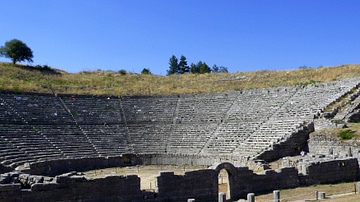
Definition
Dodona
Dodona in Epirus, north-west Greece, lies in a valley on the eastern slopes of Mt. Tomaros and was famed throughout the ancient Greek world as the site of a great oracle of Zeus. The site was expanded in the Hellenistic period, and one of...
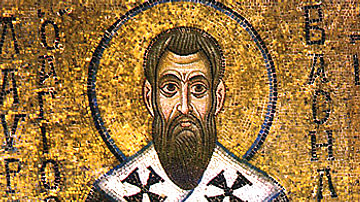
Definition
Basil the Great
Saint Basil (c. 330 - c. 379 CE), also known as Basil the Great and Basil of Caesarea, was a bishop of Caesarea in central Asia Minor who staunchly defended the church against the 4th-century CE heresy of Arianism. Basil's writings on monasticism...
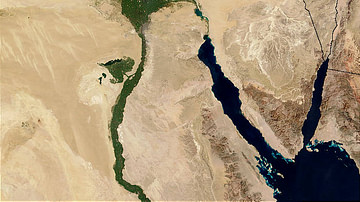
Definition
Xois
Xois (as the Greeks called it) was a vast ancient city located on a marshy island in the center of the Nile Delta of Egypt, modern-day Sakha. It was founded c. 3414-3100 BCE and was continuously inhabited until the rise of Christianity c...
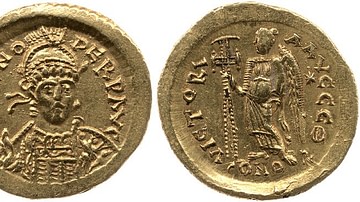
Definition
Emperor Zeno
Zeno was Byzantine emperor from 474 until 491 CE. An ethnic Isaurian, Zeno was repeatedly criticized as an outsider during his reign, which was full of rebellions and attacks by the Ostrogoths. He is best known for his failed attempt to compromise...

Definition
Menelaus of Alexandria
Menelaus of Alexandria was a Greek astronomer, scientist, and mathematician who lived around 100 CE. Menelaus made a significant and lasting contribution to the fields of astronomy, geometry, and trigonometry. His major work, the Spherics...
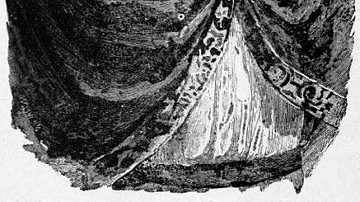
Definition
Arsacid Dynasty of Armenia
The Arsacid (Arshakuni) dynasty of Armenia ruled that kingdom from 12 CE to 428 CE. A branch of the Arsacid dynasty of Parthia, the Armenian princes also played out a prolonged balancing act by remaining friendly to the other great power...
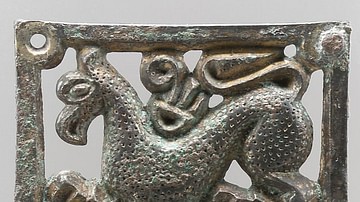
Definition
Bayan I
Bayan I (reigned 562/565-602 CE) was a king of the Avars, a confederation of heterogeneous people who migrated from the region of Mongolia, north of China, in 552 CE and came in contact with the Eastern Roman Empire c. 557 CE. Bayan I is...

Definition
Oribasius
Oribasius (c. 320-400/403 CE) was the physician and political advisor of the Roman emperor Julian the Apostate (r. 361-363 CE). A native of Pergamon, a rich and powerful Greek city in Mysia, he studied medicine and oratory and belonged to...

Definition
Chrocus
Chrocus (Crocus) was a king of the Alemanni who invaded Roman Gaul c. 256 CE until he was defeated by the Roman legions at Arles and then executed. Conversely, he was a king of the Alemanni who served Rome and supported Constantine the Great...
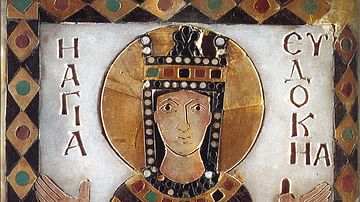
Image
Aelia Eudocia
Icon of Aelia Eudocia from the church of Lips monastery (Fenari Isa Mosque), Fatih, Istanbul.